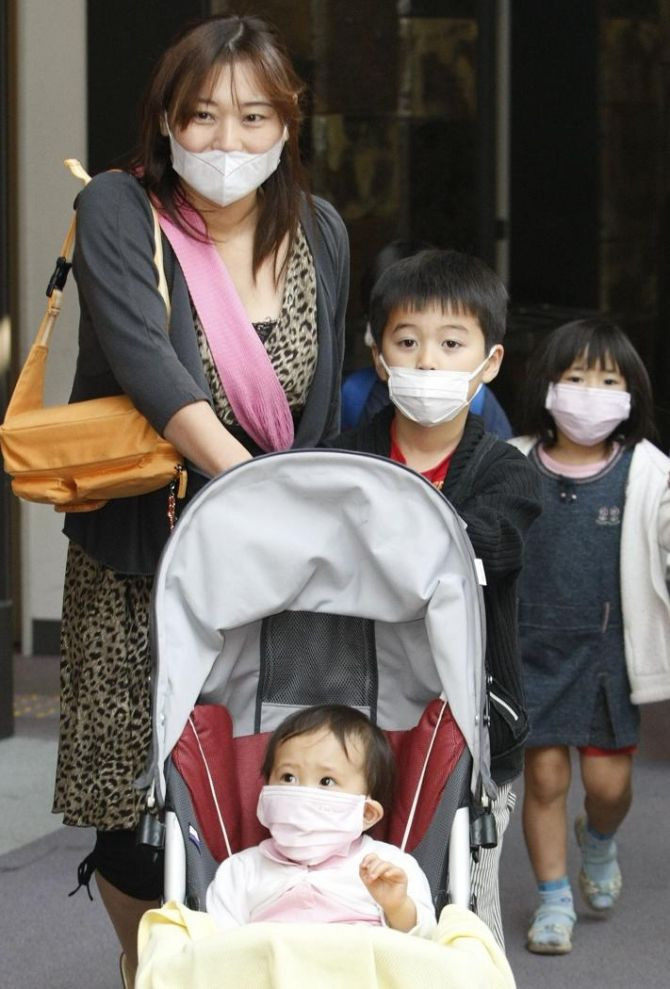U.S. Mulls Publication Moratorium After Flu Study Controversy

The government panel that requested scientists and journals to delete key details in two controversial influenza papers plans to urge delays or a halt of the publication of similar studies while an international discussion takes place on how the field should proceed.
If scientists accept the U.S. National Science Advisory Board for Biosecurity plan to call for a voluntary broader moratorium, they would submit to the board’s wishes and not publish studies or present their data about the transmissibility of the H5N1 avian influenza strain in mammals.
NSABB chair Paul Keim told ScienceInsider on Friday that the seriousness of the situation demands an international consultation that will address the risks and benefits of such studies, in detail, before more results are made public.
"This is an Asilomar moment," Keim said, referring to a meeting in Asilomar, California 36 years ago where there was a voluntary halt in research as scientists made safety guidelines for working with emerging recombinant DNA technology at the time.
"We try to avoid calling it a moratorium, but that's what it would be," Keim said. The halt would last “perhaps 3 months,” he said, and unlike Asilomar, it would be a moratorium on publishing the data, not on the research itself.
Keim said that research that genetically changes the H5N1 virus to be more transmissible in mammals, like the two papers now under review by the Nature and Science journals, are “in a category of their own” because of the pandemic risk and the influenza’s high fatality rate in humans.
Keim believes that there are many similar studies that are likely to appear soon, so it is important to have a period of review to reach agreement that temporary halts all publishing of similar results.
NSABB will issue policy statements like the ones that have already been sent to Nature and Science, and Keim hoped that the journals will print along with the papers. The board had already created a special working group with that will be aggressively setting up an international debate that will also involve the World Health Organization.
“Our biggest fear is that this will be seen as the U.S. telling the world what to do," Keim added.
Recently, when the U.S. government called for scientific journals to not publish the details of the two H5N1 genetic lab experiments, some researchers accused the government of censorship.
U.S. health officials rejected the accusations on Wednesday, saying they fear that millions could be killed if a terror group were to gain knowledge on how to make the dangerous virus, triggering biological war.
The data "clearly has public health benefit but it has the potential to be used in nefarious ways by some people," said Anthony Fauci, who heads the National Institute of Allergy and Infectious Diseases, on Wednesday.
Keim said that he thinks scientists and journals will agree to NSABB’s proposal, “perhaps reluctantly”.
"A short-term moratorium will only have a small impact on the research process, and hopefully we can develop a broad consensus on where to go—just like they did in Asilomar," he added.



























